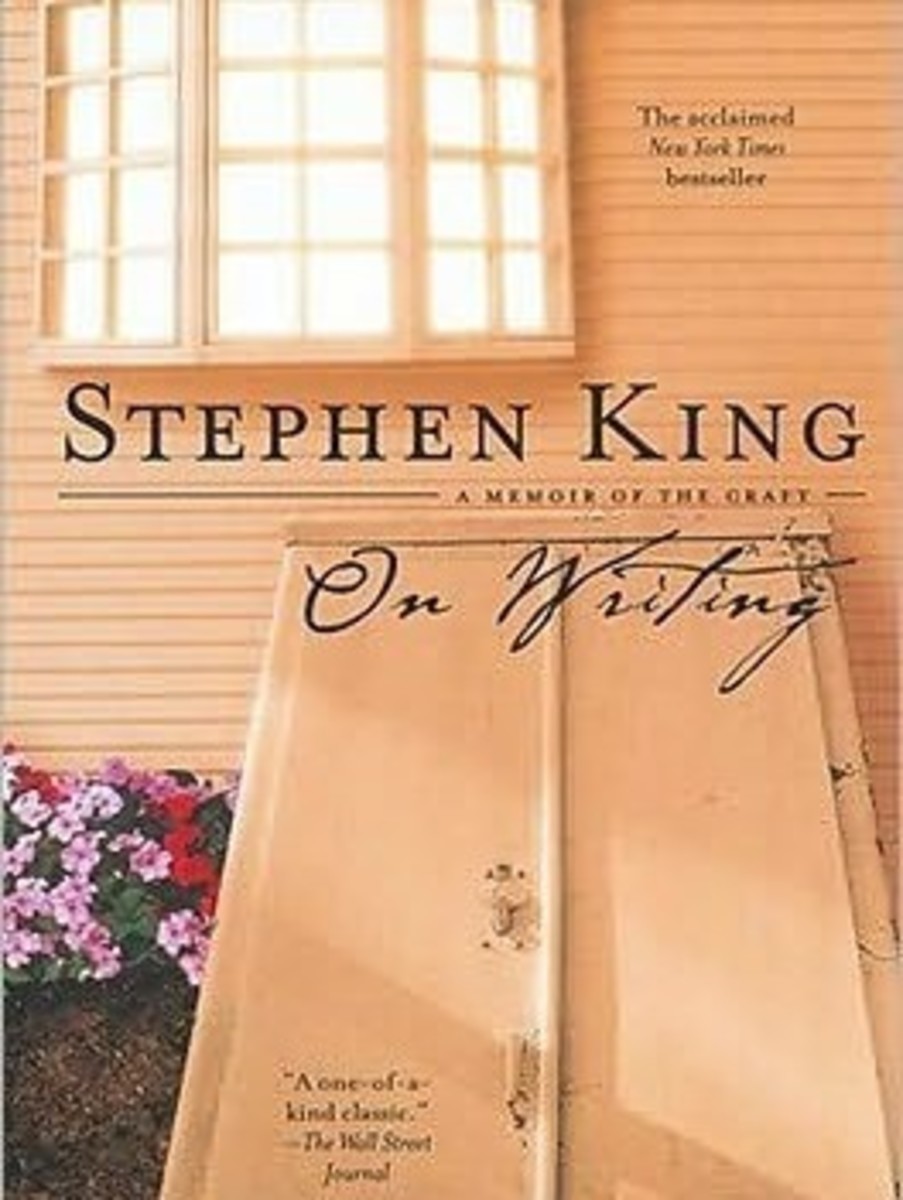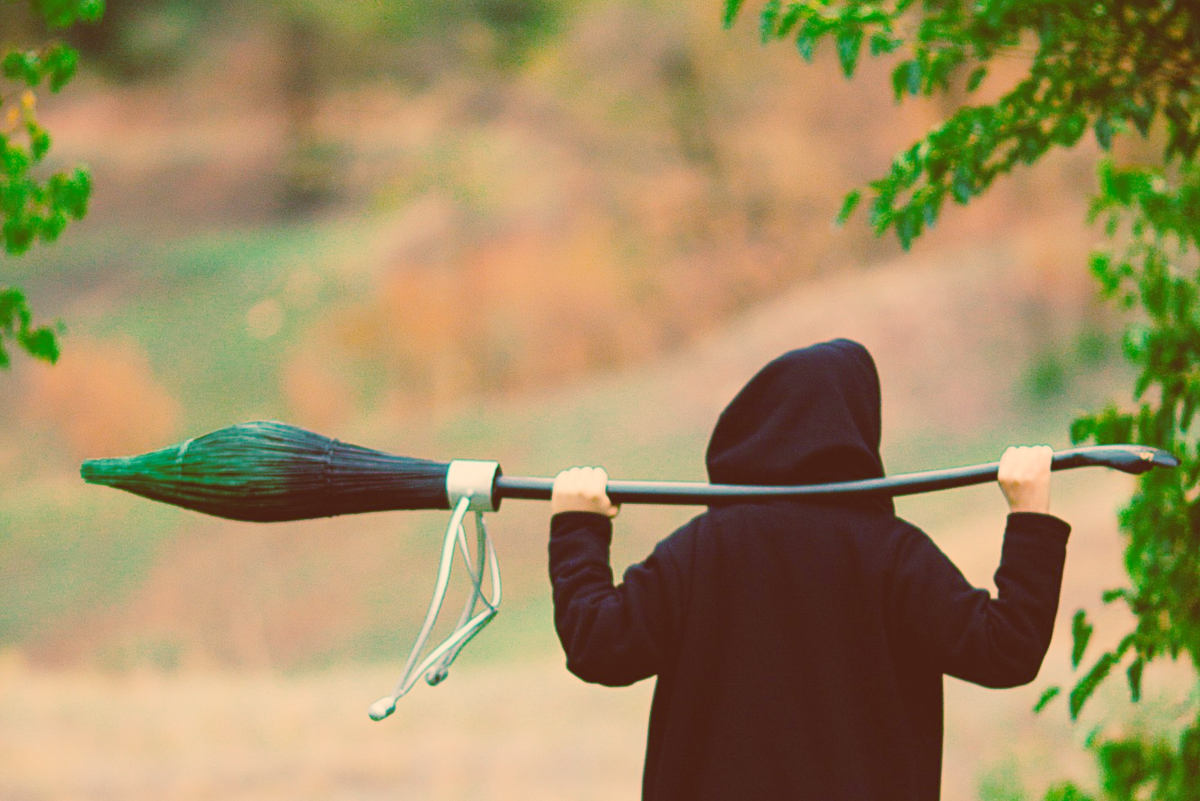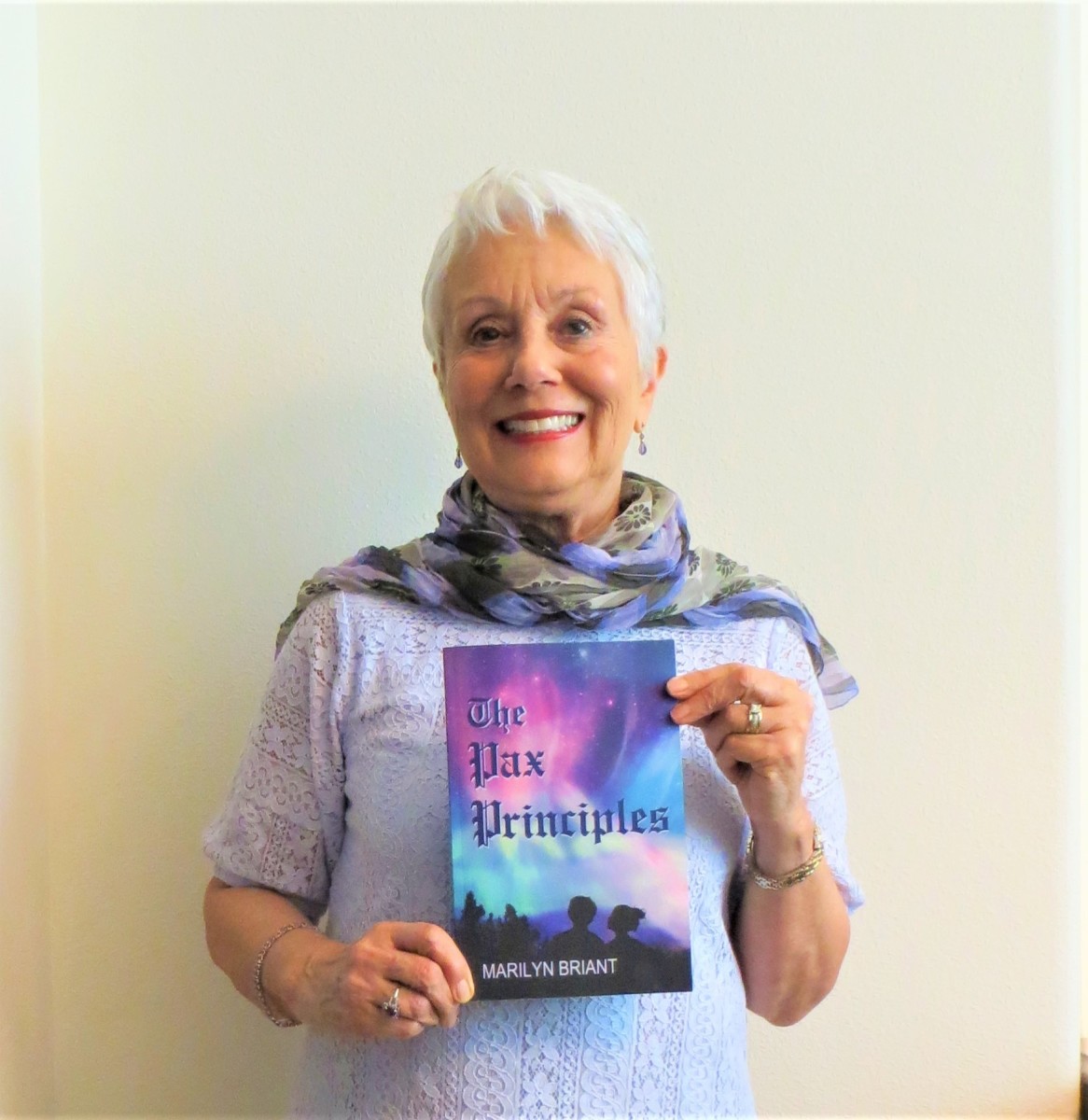How This Woman Conquered Being a Homeless Mother and Became a Successful Author
Q & A With Author and Superwoman
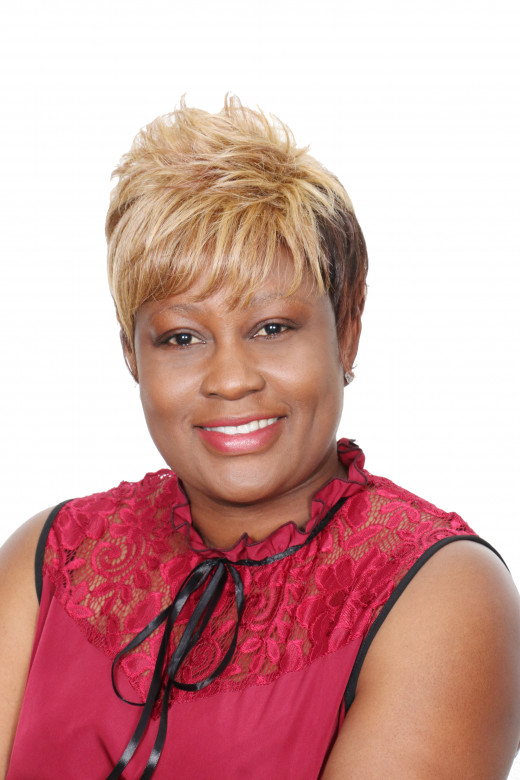
Petergay Dunkley-Mullings overcame being a homeless mother in Jamaica and writes candidly about it in her memoir, "Can't Afford to Fail". To get more insight about the author and the woman behind this memoir, I asked her a series of questions in the article below.
What was the most difficult part about writing your memoir and how did you overcome this challenge?
The most challenging part of writing my memoir was my exploration of past torments. Even though I started writing back in November 1998, the reality of publicizing my past life was a bit frightening due to my fear of public judgment. After a very profound spiritual experience at B.A.P.S, a local Hindu temple in Atlanta, mentoring a few young ladies and learning how much I inspired them to succeed, I decided to repress my feelings to make a positive difference in the lives of others.
Yours is an inspirational but very challenging story, when did you decide to tell your story in book form?
I decided to share my story after my daughter Jhevonia was born in 2014, but it took me another couple of years to muster the courage to write a memoir.
What do you feel you learned about yourself through writing the book?
Throughout my journey of writing my book, I learned that the more I expressed my pain and fears, the less anxiety and anger I felt towards my abusers. Self-expression by way of writing has provided me with more peace of mind and also strengthen my courage to help abused victims and anyone in need of personal encouragement.
Q & A Continued
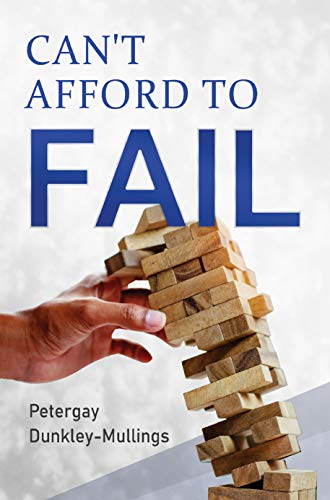
Can you briefly describe what it was like to return to Jamaica after living in the US for some time and achieving success in your career?
After a few years of living in America and returning to Jamaica, I couldn't help but think about my own family and friends, wondering if they have experienced any abuse. Still, I was very reluctant to talk about this subject due to our cultural barriers and fear of personal judgment.
You describe how work in hospice care changed your life. Can you elaborate on this a bit?
Working in the field of hospice has given me a new perspective on life. I now understand how fragile we are as human beings as well as the fact that death does not discriminate based on color, creed, social status or religious beliefs. Hospice work also provided me the opportunity to help people at a time when care matters the most. I feel privileged to be able to provide comfort and emotional support at the end of life. The field of hospice has brought me much closer to God. I would not consider myself religious, but throughout my career I have had a few spiritual experiences with my creator, including my spiritual experience at the Hindu temple B.A.P.S. This experience was particularly strange since I grew up with the belief of Christianity.
In the book you take pride in the life you have been able to give your daughter. Can you talk about how she continues to inspire you?
My daughter Jhevonia continues to inspire me in many ways; she is exceptionally kind and smart. Still, most importantly, she has the heart to serve humanity and often goes out of her way to help anyone in need. Even at a very young age, Jhevonia has an intrinsic drive to succeed in whatever tasks she finds attractive; she is resilient and very outspoken.
Finally, what you hope readers take away from your story?
My main goal for writing my story is to reach, teach, and inspire. I hope to make a difference by spreading a message of hope to anyone who feels as if they are unable to overcome abuse, particularly young women who find themselves in situations where they have lost hope for a better future.
To obtain a copy of her memoir, click here.




